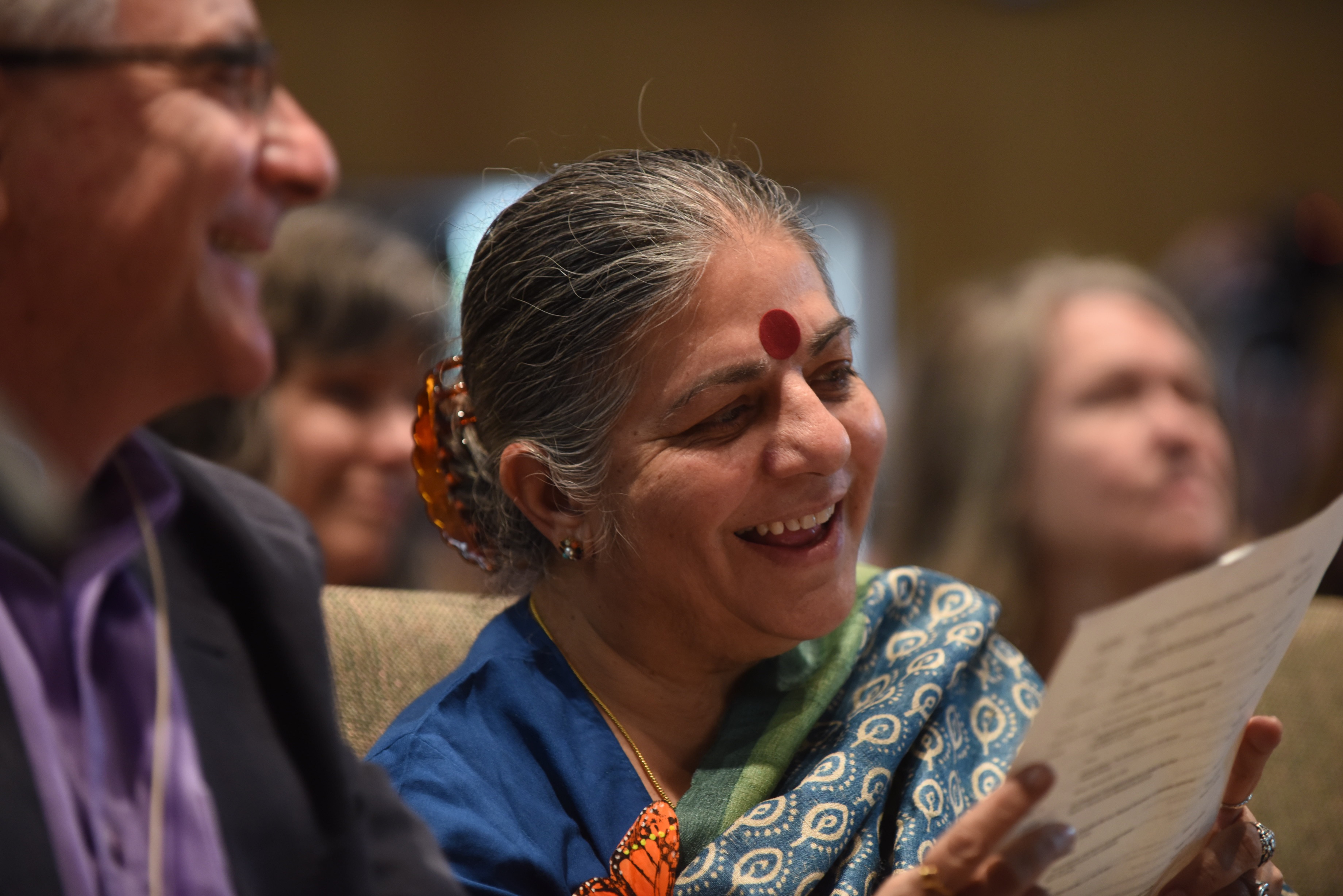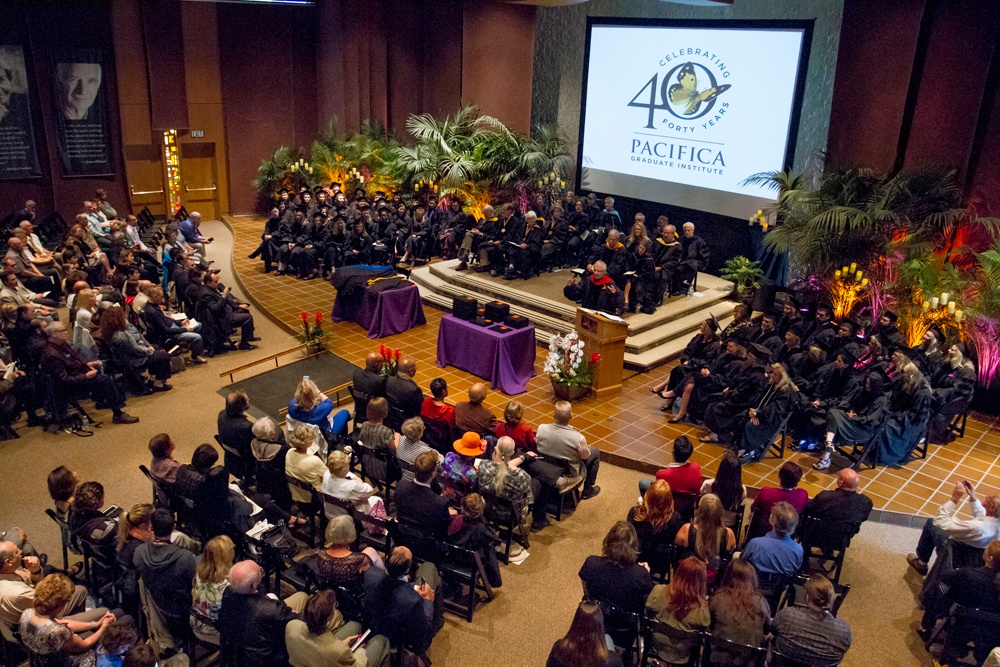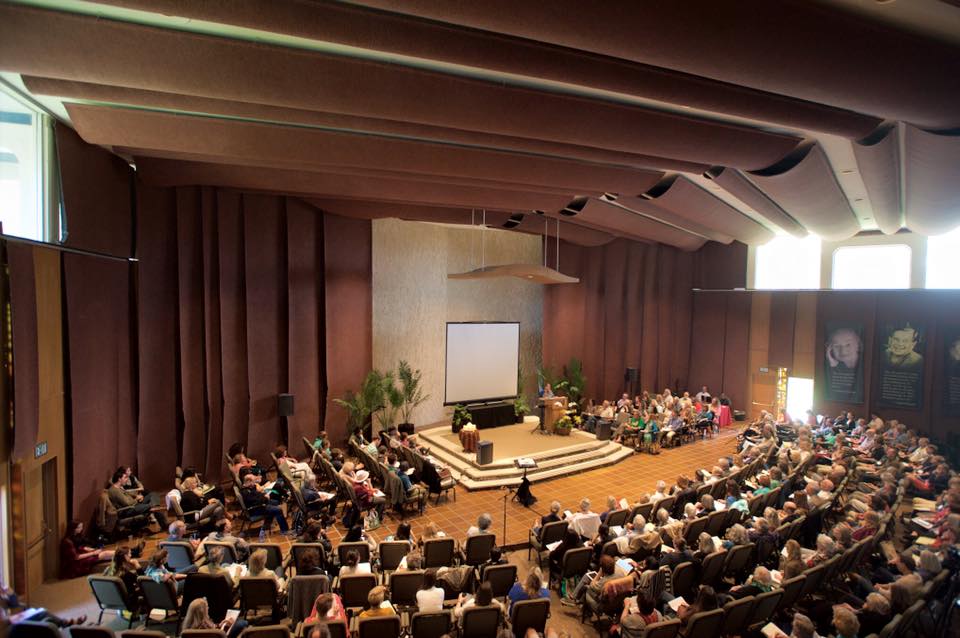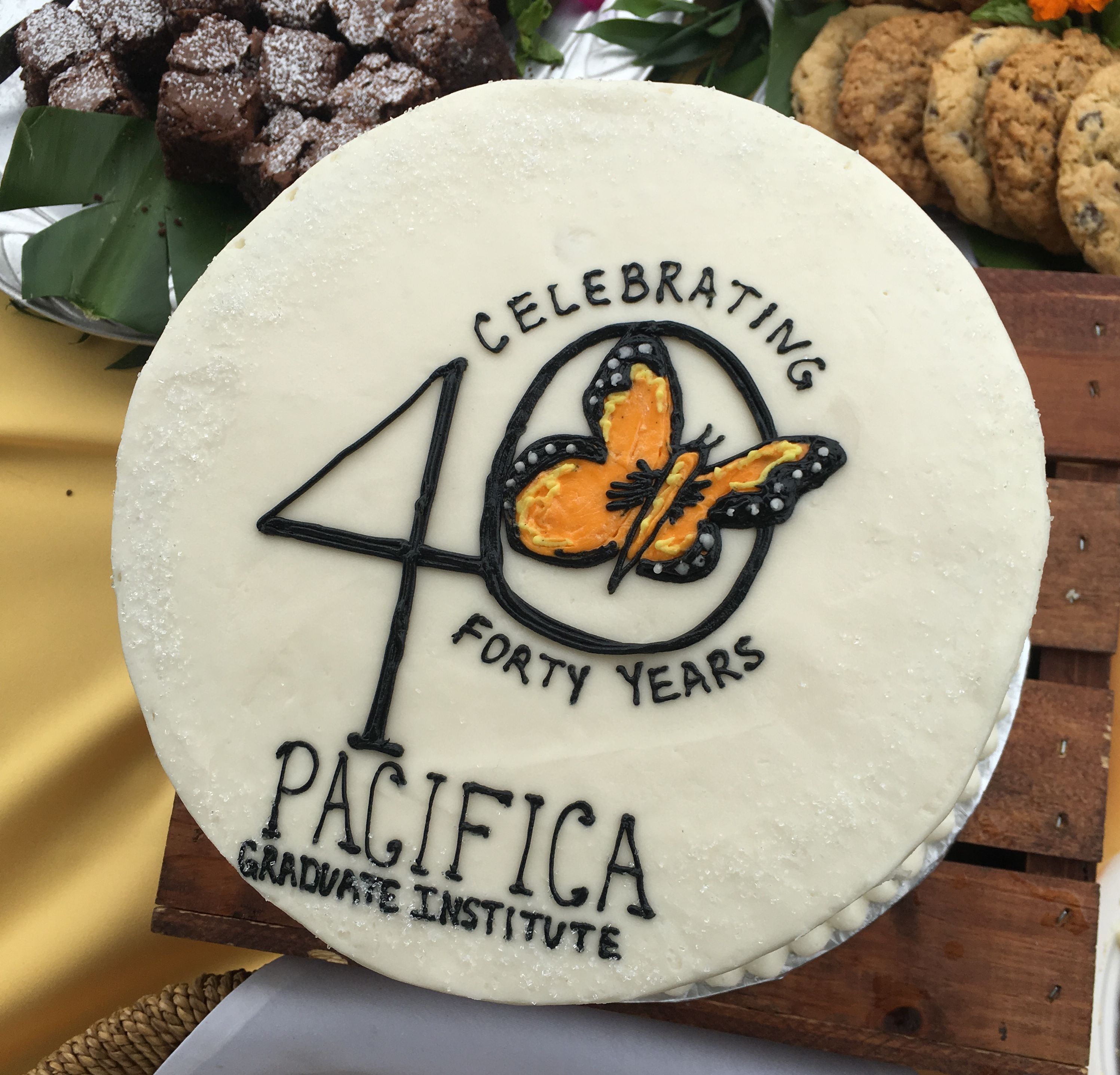A Guest Post by Bonnie Bright, Ph.D.
Counseling is an applied healing art that helps us address suffering, enrich personal lives, activate our potential, to live more fully, and to develop more adaptive capacities to life in the view of Dr. Matthew Bennett, a psychotherapist and lecturer who teaches in the M.A. Counseling Psychology Program at Pacifica Graduate Institute. More, psychotherapists and counselors that have a depth psychological orientation are prepared for a “broad spectrum slice of the human experience,” which for Bennett, includes the ability to be emotionally present in difficult emotional circumstances or even to simply better hold and tolerate emotionally powerful situations.
Depth psychology is grounded in the humanities, Bennett reminded me when we connected for an interview on the topic, and therefore it can contribute to an individual experiencing a fuller and richer life. Being able to identify with different kinds of people and to accommodate varying perspectives are just some of the advantages that depth training can contribute to a therapeutic practice. In addition, if one is willing to be a student of the human mind, and of the context provided by mythology and literature, it all serves to “broaden us out”—in a depth psychological way.
Jung spoke of his own work in archeological terms, which does imply a depth that is “going toward the center,” Matthew points out. All depth psychological orientations anchor us, and mythology, storytelling, dreams—even reading fiction—each express some dynamic of what it means to be human. Each contains energetics that are useful in reconciling opposing points of view. That’s how depth becomes breadth, Matthew says. It enables us to countenance the deeper or chthonic layers of life and to draw closer to the archetypes, where things become not only more dynamic and more irrational, but also more powerful.
Read More












